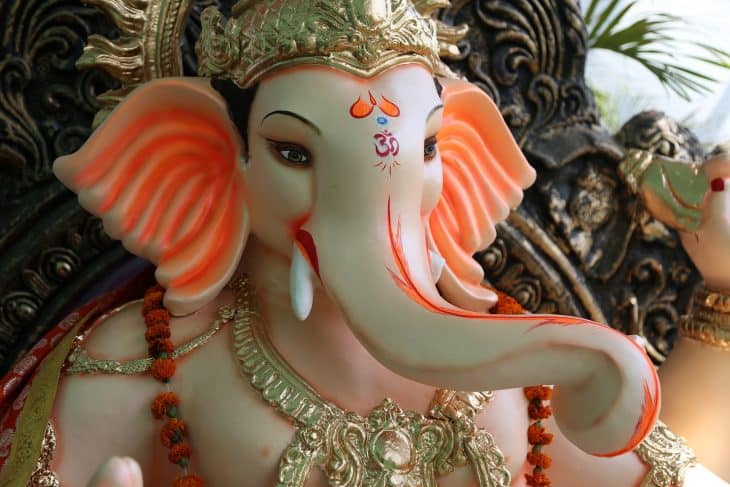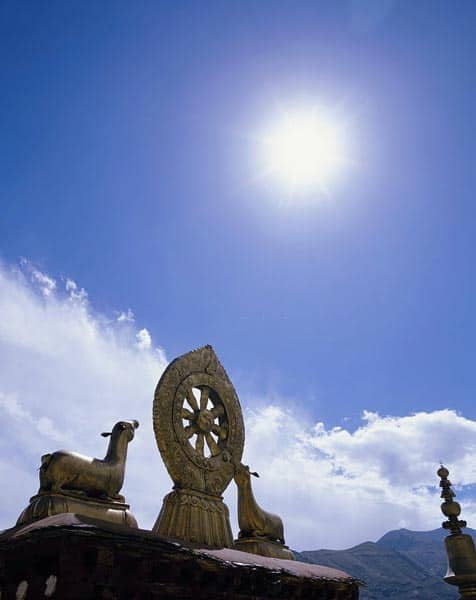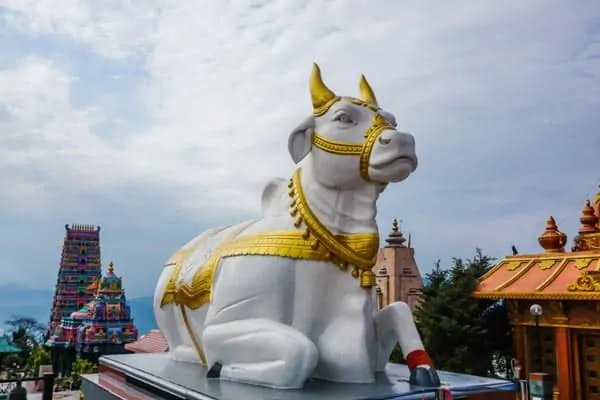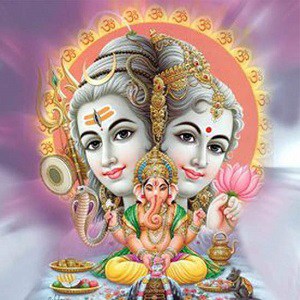
- Beliefs: Reincarnation, karma
- Founder: None
- Definition: A major religious and culture tradition, developed from Vedic religion
- Origin: Indigenous religion of India
- Holidays: Maashivarati, Holi, Diwali
- History: Oldest surviving religious tradition, found throughout history
- Monotheistic: Yes, but God has many forms
- Followers: 950 million
- Date: Founded around 1500 BC
- Gods: One Supreme Reality (Brahman)
- Religion: Hinduism Is Very Different from Other Religions
- Practices: Hinduism Is a Religion of Practice Rather Than Beliefs
- Reincarnation: Hinduism Focuses on Reincarnation
- Karma: Karma Determines Your Body
- Goals: Hindus Have a Spiritual Goal
- Daily Life: Hindus Have 4 Goals for Human Life
- God: Hindus Have Many Gods in One
- Worship: Hindus Worship Daily at Shrines
- Scriptures: Hindu Holy Scriptures Include Multiple Works
- Practices: Hinduism Focuses on 3 Main Practices
- 108 is a Holy Number in Hinduism
- Hinduism Was Nameless for Centuries
- Animals Are Holy to Hindus
- Hinduism Is the World’s Third Largest Religion
- Hinduism Is a Growing Religion
Hinduism Is Very Different from Other Religions

The word “Hindu” comes from the name of the river Indus, according to Hinduism facts. The religion differs from other faiths because it has no founder, no single teacher, and no prophets. It is technically not a single religion, but rather embraces the practices of a variety of different religious groups that come out of India.
Hinduism Is a Religion of Practice Rather Than Beliefs
Unlike most other major religions, Hinduism is more concerned with practice than a specific belief system. It focuses more on the actions of individuals. Hindus do believe in a universal God named Brahman, but Brahman takes on many forms that may be worshiped by Hindus. It is also believed that Brahman is in everyone.
Hinduism Focuses on Reincarnation

Hindus believe in reincarnation, which is when the soul is eternal and lives several lifetimes, entering a new body after the previous body has passed. The soul may be reborn in a human body, animal body or even a plant. Therefore, Hindus believe that every living creature has a soul.
Karma Determines Your Body
Reincarnation is not random, according to Hinduism facts. Hindus believe in karma, and that this is what determines how your body will come back. Any setbacks in your current life are a result from bad actions in a past life. Therefore, Hindus live their current lives in a manner that will guarantee them a better life once their soul is reborn.
Hindus Have a Spiritual Goal
Hindus believe that their soul will continually be reincarnated until their beliefs are fully realized, being that only Brahman exists and nothing else. The freedom that they achieve once reaching this goal is called Moksha. There are four different paths that a Hindu can take to achieve this, including the path of knowledge, the path of meditation, the path of devotion and the path of good works.
Hindus Have 4 Goals for Human Life

Hindus work towards four goals that make up their way of life. These include Moksha, which is the final release of the soul from reincarnation. The second is Dharma, which is the life code, involving respect for elders and marriage. The third is Artha, the pursuit of material gain by lawful means. The final goal is Karma, which is gaining the opportunity to reincarnate to a higher level through pure acts, knowledge and devotion.
Hindus Have Many Gods in One
Hindus only believe in one god, Brahman. He is the cause and foundation of all existence. However, there are gods of faith that represent different forms of Brahman. Some of the most popular include Vishnu (the Preserver), Shiva (the Destroyer), Saraswathi (Goddess of Wisdom) and Lakshmi (Goddess of Wealth).
Hindus Worship Daily at Shrines
Hinduism facts tell us that daily worship is a large part of the religion. Hindus worship every day at home, typically to a shrine. A shrine can be anything, such as a special room or a simple altar. Even pictures and statues can work as a shrine. Families often worship together and make offerings. There are Mandirs, which are Hindu temples where people gather on the weekends for worship.
Hindu Scripture Has 6 Main Works
There are six main works that make up Hindu Scripture. They include the Vedas, which are the oldest religious texts in Hinduism. The Upanishads are the earliest texts to reference reincarnation. The Smrutis was written in 250 BC and is known as the Laws of Manu. The Ramayana focuses on marriage through the story of Rama and his wife Sita. It is a poem that serves as a guide for married Hindu couples.
Mahabharata is a poem that tells the story of a war within a family, and serves as a guide for how families should function. The Puranas is a collection of tales that tell about different incarnations and lives of saints. Together, these texts give Hinduism its beliefs, practices and faith.
Hinduism Focuses on 3 Main Practices
Hinduism practices focus on three main rights and ceremonies, centering on birth, marriage and death. According to Hinduism facts, the first is worship, and involves small offerings to representations of the gods. The second is cremation. Bodies are to be burned, not buried. The last focuses on the caste system, which is a division of society to preserve society. It closely relates to ancient Egyptian practices. By dividing society up into groups based on occupation, each group knows their purpose and responsibilities, but no group is considered superior to another.
108 is a Holy Number in Hinduism
The holiest number in Hinduism is 108. This is the ratio of the Sun’s distance (from Earth) to the Sun’s diameter. Therefore, Hindu prayer beads usually have 108 beads.
Hinduism Was Nameless for Centuries
The name Hinduism was not used until the Ancient Greeks started calling the people of India Hindus, after the river Sindhu. Their religious customs were automatically associated with the name by the Western world. Before, there was no name for the religion. Hindu or Hinduism is not mentioned in any religious text.
Animals Are Holy to Hindus

Animals in general are treated with great respect by those who practice Hinduism, but there are some animals that are treated with the utmost respect and honor. They include the cow, elephant, snake and peacock. Contrary to popular belief, Hindus are allowed to consume beef.
Hinduism Is the World’s Third Largest Religion
Hinduism facts tell us that nearly 80% of India’s population consider themselves to be Hindus. A further 30 million Hindus live outside of India in neighboring countries. Worldwide, there are 950 million Hindus, equivalent to about 15% of the world’s population.
Hinduism Is a Growing Religion
While most religions tend to remain in their original countries of origin, Hinduism is spreading throughout the globe. Many people in Western countries have embraced the religion’s tolerance for diversity and peaceful practices.
Hinduism Facts – Facts about Hinduism Summary
 Hinduism facts explain this unique religion’s beliefs, practices and history. They focus on the origins of the religion and the Hindus’ belief in one god which takes multiple forms. The facts also cover some of the main beliefs of Hinduism, including karma and reincarnation.
Hinduism facts explain this unique religion’s beliefs, practices and history. They focus on the origins of the religion and the Hindus’ belief in one god which takes multiple forms. The facts also cover some of the main beliefs of Hinduism, including karma and reincarnation.
Was this page helpful?
Our commitment to delivering trustworthy and engaging content is at the heart of what we do. Each fact on our site is contributed by real users like you, bringing a wealth of diverse insights and information. To ensure the highest standards of accuracy and reliability, our dedicated editors meticulously review each submission. This process guarantees that the facts we share are not only fascinating but also credible. Trust in our commitment to quality and authenticity as you explore and learn with us.
